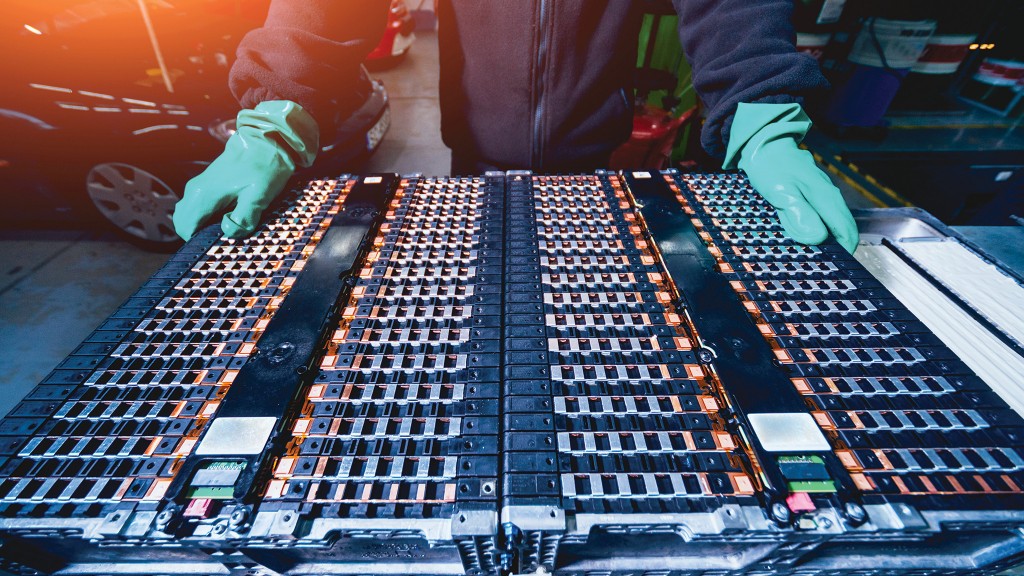Letter from the Editor: Looking toward a future of alternative fuels for waste hauling

All it takes is one trip to the gas station to know that fossil fuels are becoming less and less viable these days. While the solid waste industry already began its transition away from diesel years ago, there's still a lot to be explored in terms of alternative fuels and their place in the waste hauling and collection sector. With ever-evolving policies and a push from all sides to adopt a more circular and sustainable way of doing things, many companies are adapting their fleets to include greener fuel solutions such as compressed natural gas (CNG), battery-electric power, or renewable natural gas (RNG).
On the RNG front, Republic Services is just one company spearheading this shift toward greener fuel solutions. After recently partnering with Archaea Energy on a joint venture that includes plans to develop 39 new renewable natural gas projects at landfills owned or operated by Republic Services, the first of these facilities is currently in the process of being built. The finished facility will take the gas that naturally occurs during waste decomposition at Republic Services' landfills, and will convert it into pipeline-quality renewable natural gas that can be used as a low-carbon alternative to fossil fuels. This project marks just one of 77 other renewable energy projects that Republic Services is already involved with at its landfills across the U.S.
And when it comes to companies that are taking advantage of CNG and battery-electric options, Emterra Group is playing a lead role in both categories. For this month's cover story, I spoke with Chief Operations Officer Brad Muter about Emterra's recent order of a Mack LR Electric, the first in Canada. While this shift to electrification marks a huge milestone for the company, it's just one facet of their much larger sustainability journey. As an early adopter of CNG, it's natural that Emterra would be quick to incorporate electric vehicles into its fleet as well. Turn to page 20 in this issue to find out more about how Emterra Group has leveraged these technologies to help secure its spot as one of the greenest employers in Canada.
For a deeper dive on the suitability of other alternative fuels, turn to page 42 of this issue to read the Solid Waste Association of North America's new report assessing the viability of electricity and other alternative fuels for solid waste and recycling collection vehicles. The report analyzes electricity, hydrogen fuel cells, compressed and renewable natural gas, and ultra-low sulfur and renewable diesel in terms of their energy usage, greenhouse gas emissions, fuel cost, total cost, and stage of commercialization.
While the industry is still a ways off from a full-scale switch to alternative fuels, these emerging technologies have become a catalyst for change in the industry and don't appear to be losing momentum anytime soon. I look forward to keeping up with where the alternative fuel markets are heading in the sector and covering its inevitable upward trajectory in the coming years.


